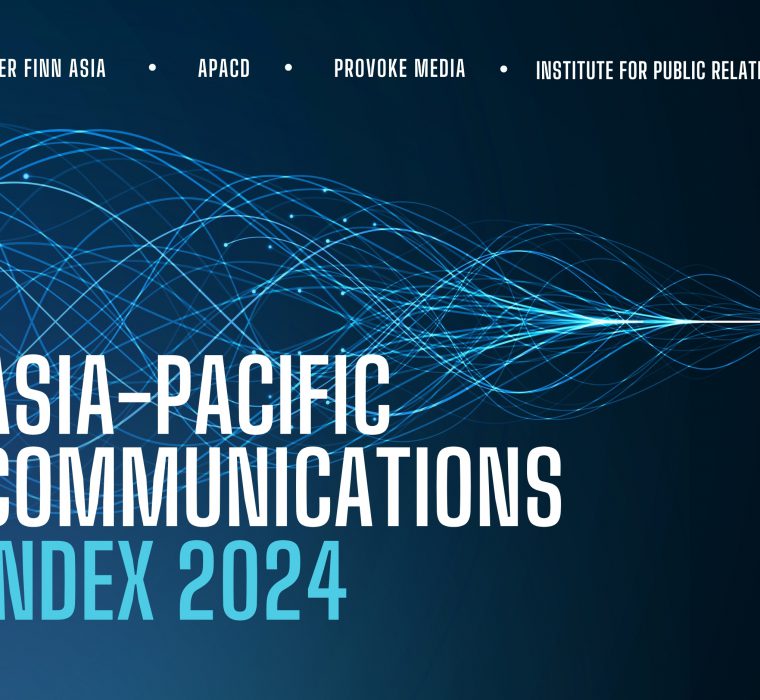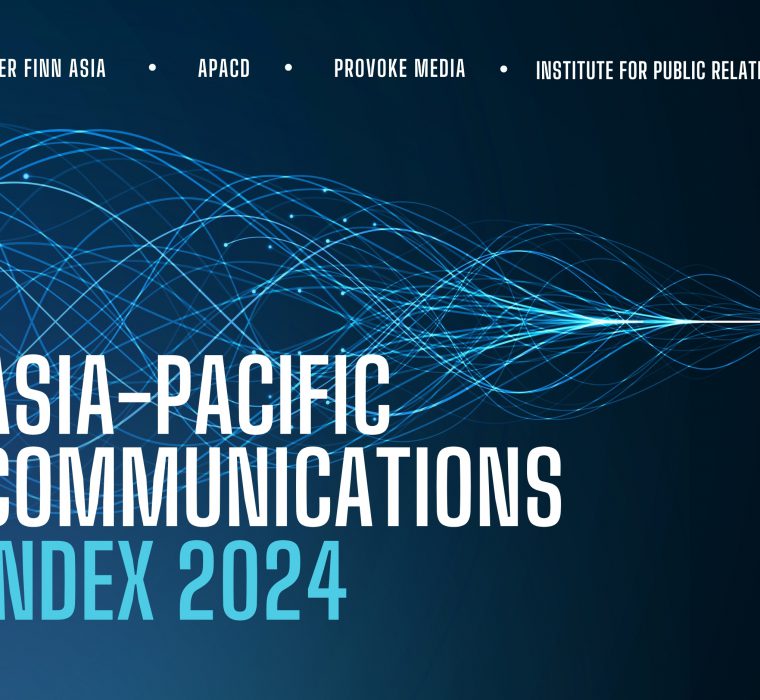PRovokeAP: ESG Is “An Exercise In Constant Communications”
16th September 2021
Panelists at PRovoke Media's Asia-Pacific Summit explored the rising interest in ESG across the region, and how organizations can best use communications to convey their efforts in ways that resonate with stakeholders.

HONG KONG — With the ESG movement gaining a stronger foothold across Asia Pacific, it’s imperative that companies connect with stakeholders regularly, consistently, and transparently to show their commitment to promoting the greater good.
“I think it’s an exercise in constant communications,” said Mark de Silva, AIA’s associate director of group environmental, social and governance. “If you don’t tell your story, if you’re not proactive about it, your stakeholders are going to assume that there are gaps or inadequacies in your story.”
De Silva’s comments were part of a wide-ranging panel discussion Wednesday on the future of ESG, and the communications challenges surrounding the topic, at PRovoke Media’s Asia-Pacific Summit in Hong Kong. FleishmanHillard Hong Kong general manager Patrick Yu and Mary Leung, CFA Institute’s head of advocacy for Asia Pacific, also participated in the conversation.
While investor interest in ESG started growing across Asia Pacific over the last five years or so, awareness among other stakeholders — employees and consumers among them — has accelerated over the last 18 months, largely in response to Covid and climate change, speakers said.
“Stakeholders and investors have increasingly realized climate change turns up the probability of things like pandemics and if you’re not ready … you have a problem,” Leung said.
So just as organizations are ramping up their ESG initiatives, they are also simultaneously fine-tuning how tell those stories to stakeholders in ways that are effective, and ring true.
For companies, that includes making ESG part of their core business strategies, and capitalizing on opportunities, from earnings calls to dealings with NGOs, to demonstrate the benefits of doing so through communications, Yu said.
For the financial services industry, the greater attention on ESG means being wholly transparent with the details of investment funds, in ways that go beyond proving regulatory compliance. Otherwise, the industry runs the risk of greenwashing, and paying the price for it, Leung said.
“The whole basis of the financial services industry is trust,” she said. “Once that trust is gone we are probably going to be in a very sticky situation.”
And, de Silva said, communications surrounding ESG should be as varied as the audiences they are targeting. “It becomes multiple stories,” he said, adding that reports and disclosures that have value to investors don’t have the same weight with others like employees.
“It becomes the broader story of how we are creating inherent value to our stakeholders,” he said.
At the same time, it’s an opportune moment for organizations to capitalize on the growing popularity of ESG, both by upping their interest and investment in the area and communicating that effectively, Yu said.
“It’s a good time for companies to use messaging to differentiate themselves,” he said. “ESG is more advanced and in Asia we have been catching up really, really aggressively. I think that’s a good sign to take it further.”




